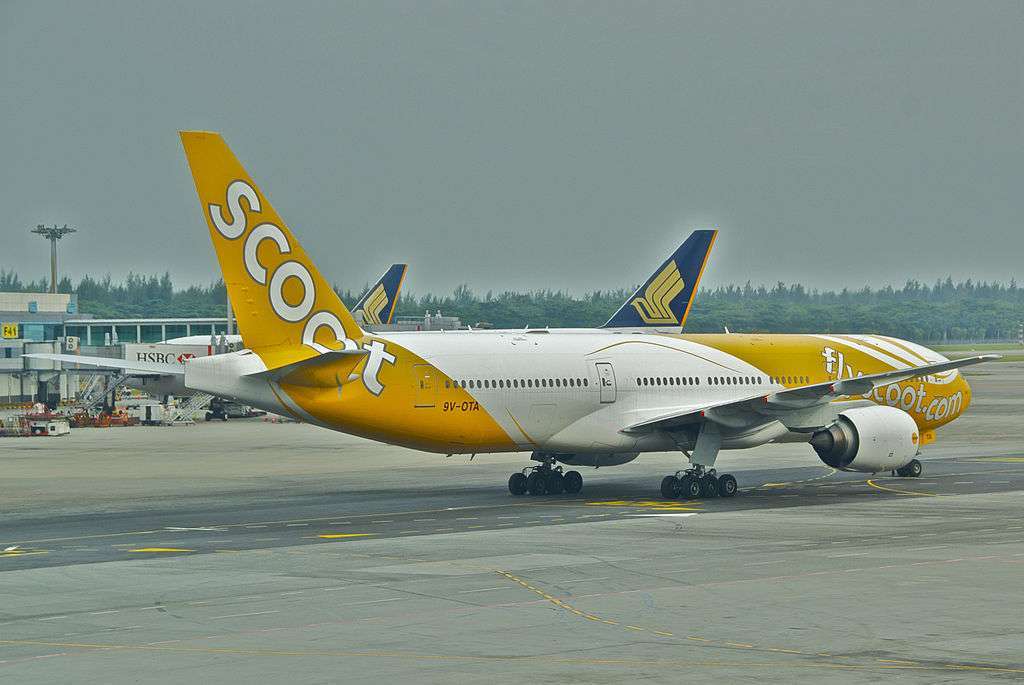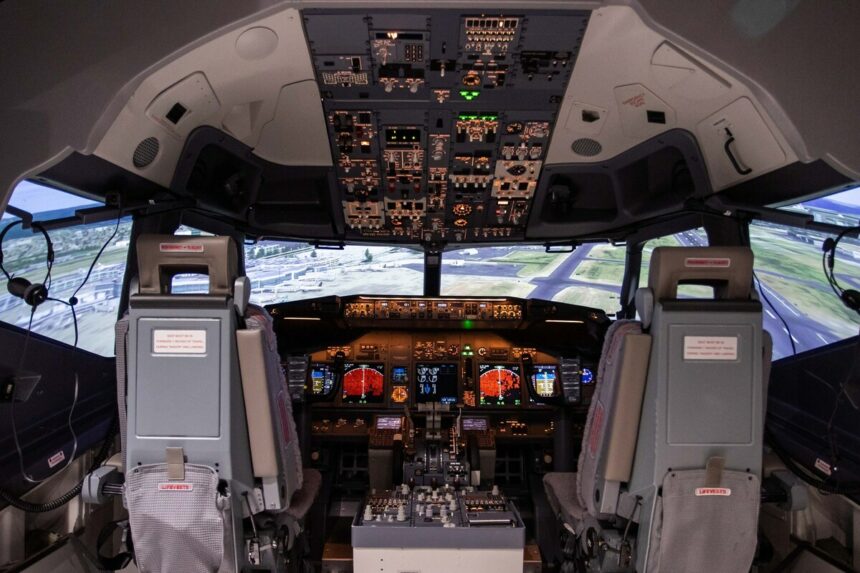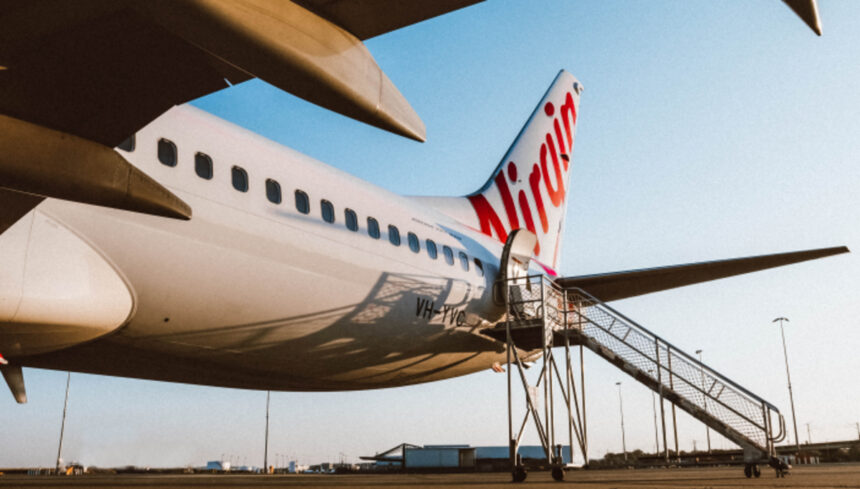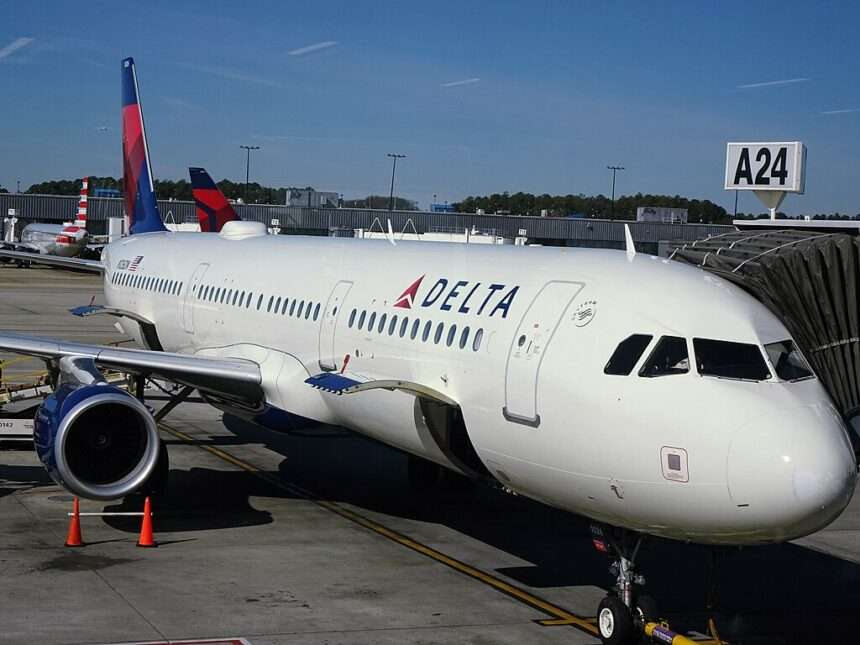SIA Group airlines Singapore Airlines (SIA) and Scoot have outlined their commitment to replace 5% of their total fuel requirements with sustainable aviation fuels (SAF) by 2030.
This initiative is the latest in the Group’s move toward decarbonizing the airline industry and aligns with the broader goal of achieving net-zero carbon emissions by 2050.
Sustainable Aviation Fuels
Sustainable fuels emerge as a pivotal decarbonization lever, capable of slashing carbon emissions by a staggering 80% on a life-cycle basis compared to conventional jet fuel.
This significant reduction not only propels the airlines towards their sustainability objectives but also contributes to the broader environmental agenda.
Mr. Goh Choon Phong, the Chief Executive Officer of Singapore Airlines, expressed the importance of this milestone, stating, “The greater use of sustainable fuels will be a key lever in our decarbonization strategy.”
He emphasized the holistic approach, combining investments in new-generation aircraft and operational efficiencies, paving the way for the group to achieve its net-zero target.
Acknowledging the enormity of the task, Mr. Goh Choon Phong stressed the need for collaboration with partners and stakeholders worldwide.
[monsterinsights_popular_posts_inline]

Click the photo to join our WhatsApp channel so then you can stay up to date with everything going on in the aviation industry!
Recognizing that collective efforts are paramount to meeting sustainability targets, the airlines are actively seeking opportunities to collaborate and support the increased production and utilization of sustainable fuels within the aviation industry.
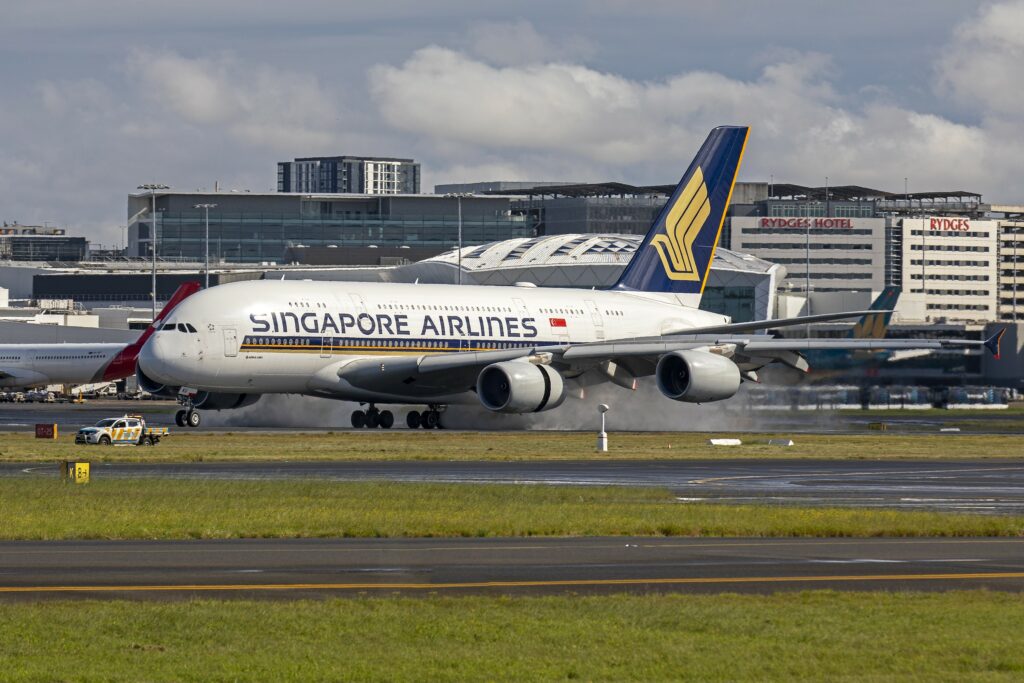
Proactive Measures and Industry Involvement
As the airlines engage in discussions with fuel suppliers on acquiring sustainable aviation fuels, the specifics of these endeavors will be disclosed at an appropriate time.
This approach ensures transparency while maintaining the strategic advantage of surprise and anticipation within the industry.
Over the past few years, the SIA Group has actively collaborated with global partners to understand operational and commercial considerations supporting the supply and adoption of SAF.
As a member of Singapore’s International Advisory Panel (IAP), SIA has played a vital role in developing a decarbonization roadmap for the country’s aviation sector, contributing to the sustainable air hub blueprint.
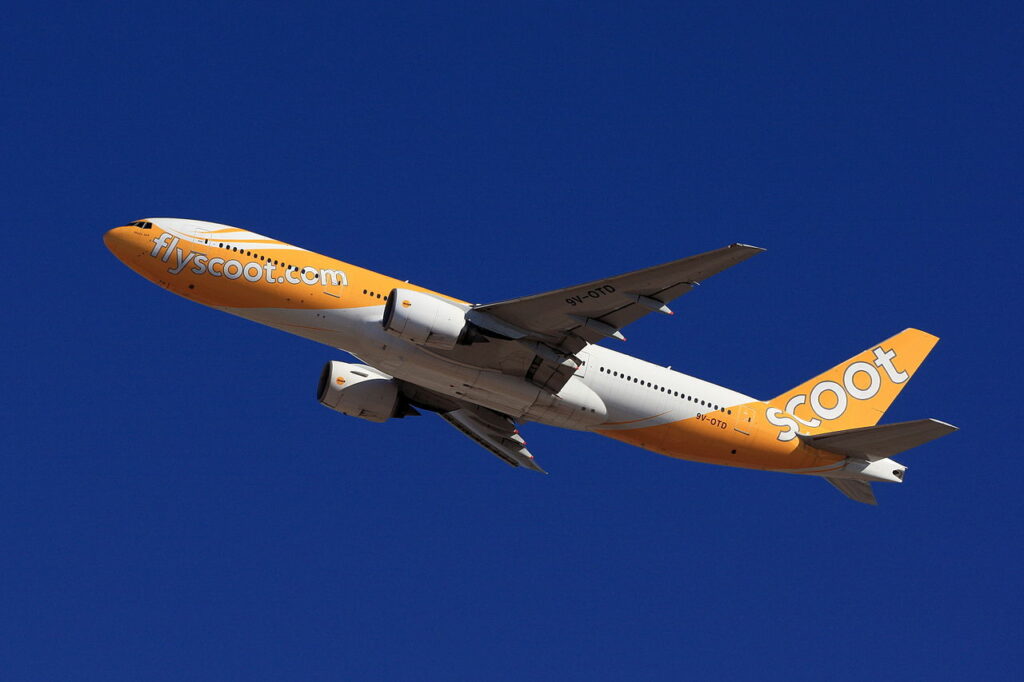
The Group stands behind the International Air Transport Association (IATA) and other stakeholders in their efforts to establish core principles for various SAF accounting methods.
This commitment aims to build trust among stakeholders, ensuring reliable tracking, tracing, and accounting for emission reductions through SAF usage.
Past Initiatives and Learnings
In 2017, in collaboration with the Civil Aviation Authority of Singapore (CAAS), SIA operated 12 green package flights from San Francisco to Singapore, incorporating the use of SAF, fuel-efficient aircraft, and optimized flight operations.
Subsequent partnerships, including the 2020 collaboration with Swedish airport operator Swedavia, have enriched the Group’s understanding of logistics and procurement of renewable fuels.
In a significant move in September 2023, SIA, CAAS, and GenZero1 concluded a 20-month SAF pilot, importing 1,000 tonnes of neat SAF.
The SAF, blended in Singapore and uplifted via the Changi Airport fuel hydrant system on SIA and Scoot flights, generated 1,000 SAF credits through the Roundtable on Sustainable Biomaterials (RSB) Book & Claim System2.
This equated to approximately 2,500 tonnes of carbon dioxide reductions, offering corporates and freight forwarders a tangible avenue to reduce their carbon footprint.
SIA is actively sharing its learnings with industry partners to raise awareness and support for SAF among corporates.
By building the credibility of the Book & Claim system, the airlines aim to encourage collective efforts to scale up the adoption of sustainable aviation fuels.

Click the banner to subscribe to our weekly newsleter.

Click the photo to join our WhatsApp channel so then you can stay up to date with everything going on in the aviation industry!





